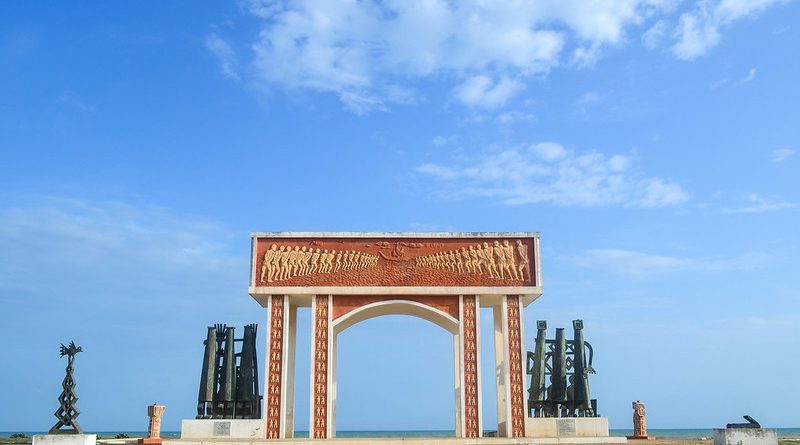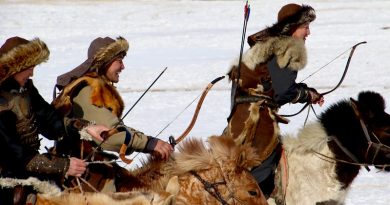Ghosts of the Past: Slave Trade in Ouidah
History Facts
Where: Throughout Africa, main ports of operation being Ouidah in Benin and Zanzibar Town
When: 18th century to present day
History: An act of ‘charity’ or a barbaric attempt to make money from human trade
Modern Day: Still practiced illegally amongst West African Tribes
Where it’s at
A one hour drive from Cotonou is Ouidah, once a prominent exporter of slaves to the Americas including Haiti, Brazil, Cuba and New Orleans before falling to the Kingdom of Dahomey. The slave trade is long gone but artefacts and museums including the ‘Gate of No Return’ stand as stark reminders of Ouidah’s past.
What happened here?
Oudiah was the absolute centre of the slave trade. Once a thriving port where slave traders built colonial mansions, reminders of the past are ever present. The destiny of one family has been more tied to the slave trade than any other here in West Africa. The patriarch of that family came to Benin from Brazil in 1788 and administered the slave trade for the king of Dahomey. Don Francisco Felix de Souza amassed a great fortune having organised the slave trade better than anyone ever had done previously. Today, a monument stands in memory of the family whose descendants still wield enormous respect in Benin and are reluctant to condemn their illustrious ancestor. This reflects the fact that slavery is still considered by some to be an act of charity, a chance to escape from execution.
The more sinister side to the slave trade tells a very different story. Boats were often loaded with double the number of men than their capacity allowed for and nearly half of those transported died on the ships. ‘Slave Road’ was where the slaves began their journey. Well over a million people were led down this road at night so that they would feel disorientated, and those that survived the trip across the ocean became the slaves in the new world. Despite the region being a beach resort, it is hard to forget the ghosts of the past.
Modern day slavery
Despite diplomats statements to the contrary, slavery among tribes is still practised. Slaves are still kept to this day, particularly by the Tuareg, the Sahel, the Peul and the Bella tribes. They do all of their work for them and are not paid for their efforts.




